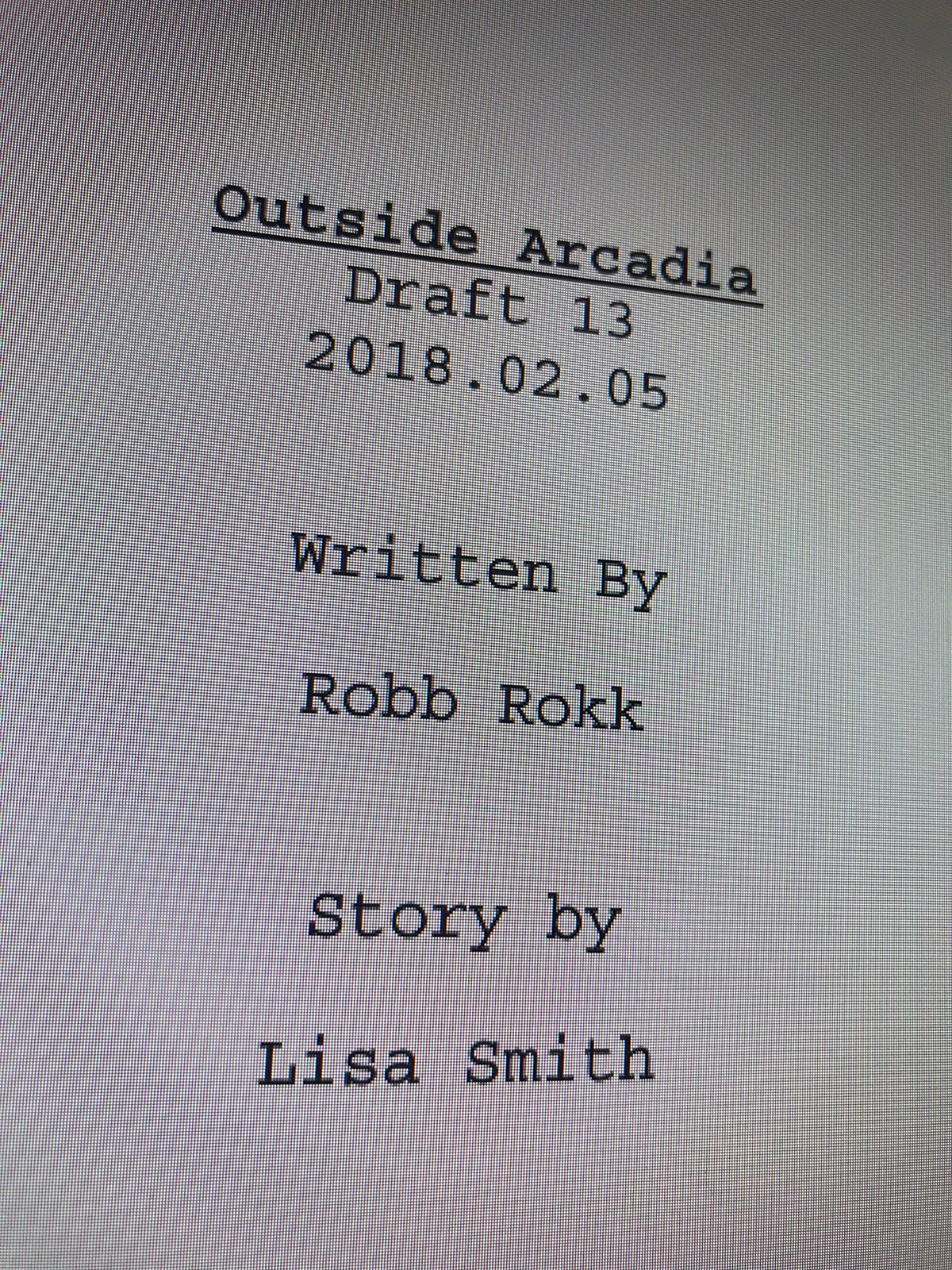Screenwriting WorkshopS
Writing a screenplay sounds simple enough. Right? It’s actually fairly simple. Honestly. But writing a compelling screenplay that gets a reader past the first page or so is a different issue altogether. Gaining enough interest to see your screenplay produced and actually made into a film is an entirely different story.
The two most important parts of a screenplay are story and characters. Aside from a solid theme, a sensible plot, believeable dialogue that moves the story forward, but that’s all. I told you… Simple. 🙂
We’ve been at this a while now and we’ve boiled this down into a simple process that we believe will you get started, get you unstuck, remove the block, or add to your story and characters.

OUR SCREENWRITING METHOD
Our first class in the art and craft of screenwriting is actually about sculpting. Yes, sculpture. And you are the sculptor. Hang with me here. This is life-changing information you can’t afford to miss.
A great sculptor doesn’t start by polishing the stone or carving the ear of the human figure. That would be quite foolish. First, the sculptor decides the size of the stone needed. Then you chip away the corners, cutting the stone down to the rough dimensions. Then you step back and think, “That’s far too large for my cherub garden statue.” So you chip away again until the size feels right. Then it’s taken a step farther and more stone is chipped away. As the little angel takes shape, it’s reassessed and questions arise. Is this the right size? The right height? And so on.
Eventually you’re chiseling out the eyes, the nose, an ear, a toe. It took a while to get here but you took small steps along the way to ensure there would never come a time to destroy the work and start over from scratch.
If a sculptor’s process wasn’t something along these lines, you couldn’t afford another piece of granite. Paper, on the other hand, is not expensive and you’re using free digital interweb pixels anyway, right? But your time and effort are the most valuable limited resources you own.
We’ll equip you with a process that helps you avoid years writing a screenplay or scrapping your work and starting from scratch again. Why? Because that just stinks and screenwriting can be made simpler.
As we continue through the course, we’ll discuss:
- Professional Screenplay Format
- Screenwriting Apps and Software
- Outlining / Beat Sheet
- Screenwriting Resources
- Competitions
- And more…
What is Art?
I would define art as simply “a created thing of beauty.”
- Created. Someone made it.
- A thing. It’s tangible. Something you can hold, touch, smell, feel, hear, display, taste, or view.
- Beauty. This is certainly subjective but true beauty moves us deeply and invokes an emotional response.
